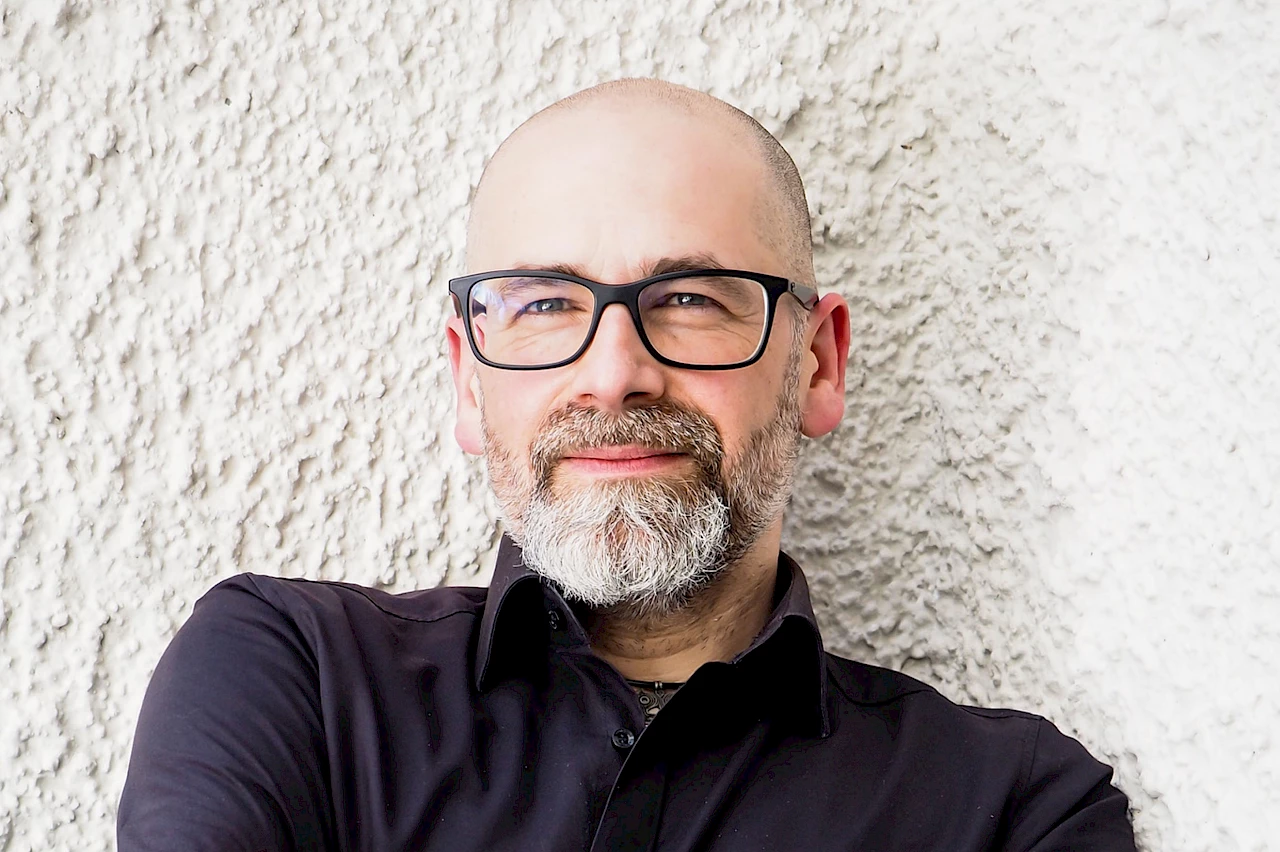Jay Latta is a technology strategist with his own think tank. He knows how to combine innovation and tradition like hardly anyone else. In the first part of our interview, the editorial team of the IBA Forum talked with him about the ability to innovate and the parameters for agile working. In the second part, Jay shared with us his view on the future role of offices and the impact of the disruption of knowledge work.
Does the office still have a justification as a place of physical encounter in the future, and if so, do we need a smart environment in the office?
Offices will remain relevant in the future. After all, I still need functions where employees know where to go. And I still need representative spaces, because not everything can be handled with Zoom, email or MS teams. But I don’t need the office to be as big as it was. Smart environments provide people with exactly the office they need. And it is connected to personal devices that are integrated into the corporate infrastructure. Incidentally, one of the core strengths of the metaverse will be to generate one’s own personal space of retreat. Stephenson already described this in Snow Crash. To create your own personal world with artificial intelligence, i.e. spaces that inspire you personally and that make you feel close to your colleagues. For me, the office remains important as an anchor for the metaverse, to build the bridge from the physical to the virtual, to the individual.
At the moment, companies are struggling to integrate physical and digital presence in mixed reality spaces. Can you give us a good example or role model from other sectors?
Most of concepts that we adopt in the world of work originate from the gaming sector. Gamers are in their own physical world, interact with others and play a game together virtually. This is where mixed reality works very well. And gamification offers the three Ps – purpose, pleasure and passion – that I mentioned earlier. With gamification, I can combine physical and virtual presence very well. An example from my everyday work as a consultant: a pharmaceutical company was thinking about the best way to support its employees. Together with psychologists, they developed apps that are playable games. While playing, the apps constantly measure the skills of the employees and how they change. If an employee breaks a high score, for example, he or she receives project offers from HR department for modules in which he or she is very strong. From my perspective, using gamification to understand what drives employees is essential for the future of work.
Experts predict a general disruption of knowledge work. What will be the roles of knowledge workers in the future, given the increasing importance of AI technologies such as ChatGPT (Generative Pre-trained Transformer)?
ChatGPT is a nice toy, but nothing more. The new tools that are currently flooding the world of work can analyse workflows and integrate them into an AI. But the problem with AI in general is that it doesn’t understand the context. This is in complete contrast to humans, who understand contexts and enrich them with creativity and experience. In the future, knowledge workers will be supported with a whole flood of AI tools. However, a human being will only be replaced by an AI if the human being can be replaced, i.e. if work routines are repetitive and can be described in a workflow. Only humans can create added value based on personal experiences and emotions. People have to focus on what they are best at. Namely, being creative. Then AI tools will primarily support knowledge workers to be more creative and to become even better in terms of content.
Jay, thank you for the interview.
Part 1 of the interview with Jay Latta you read here.





